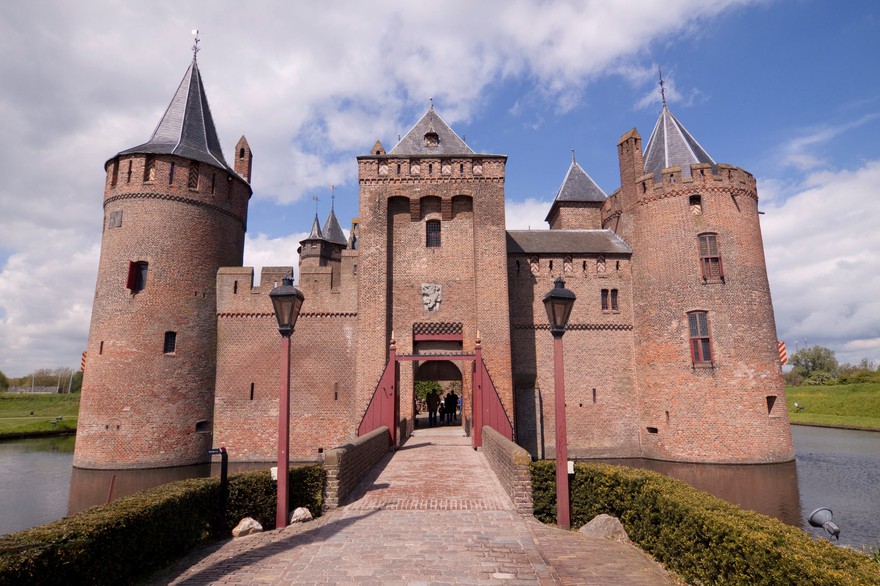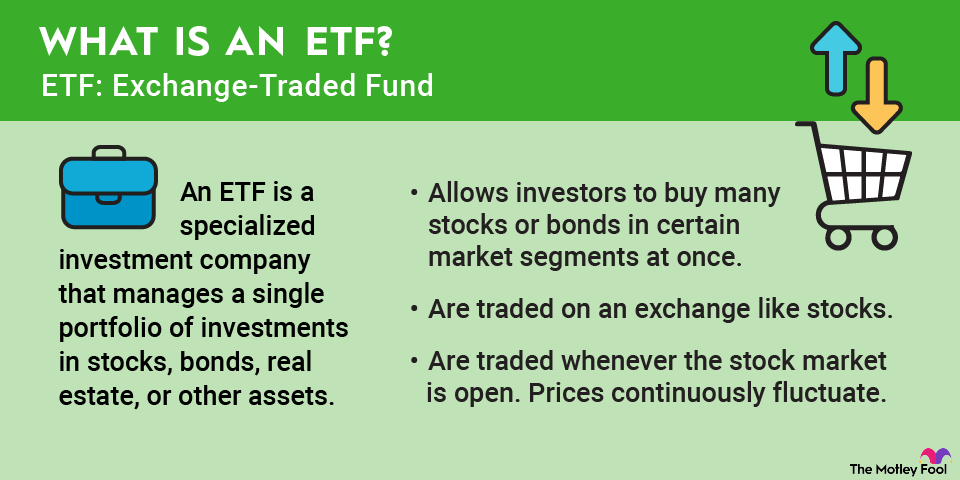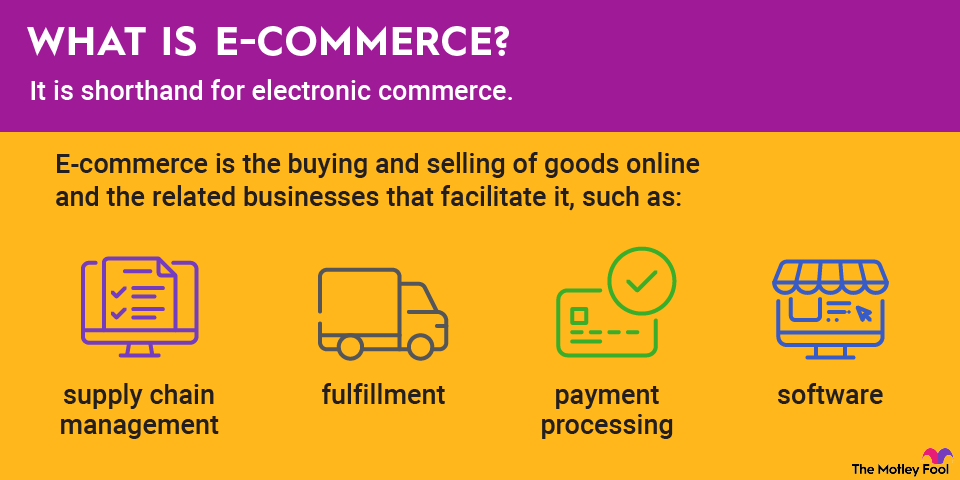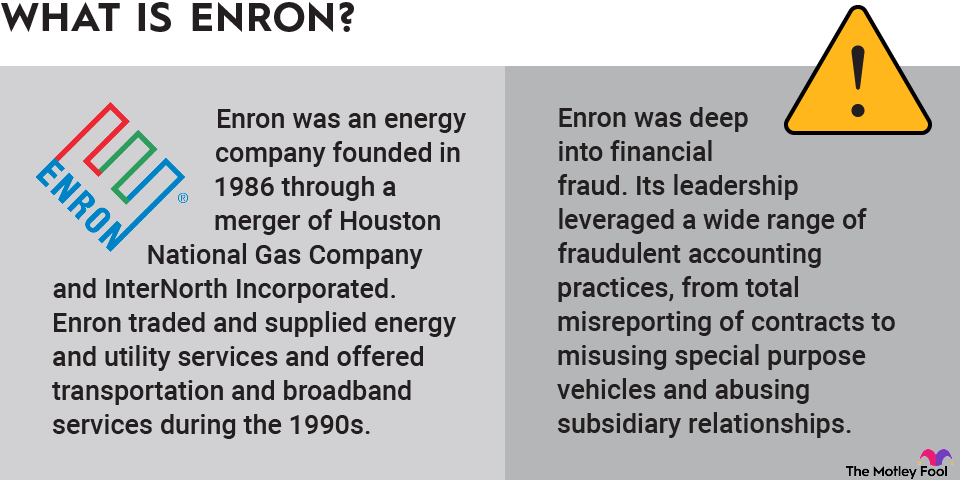In olden times, moats were used to protect castles and other valuable strategic properties. These wide trenches would surround an important resource and were often filled with water to prevent attackers from being able to seize the target. While businesses today aren't actually building moats to protect their headquarters and factories, economic moats play a key role in protecting them against rivals.

What is an economic moat?
An economic moat is an advantage that makes it more difficult for a business' rivals to compete. While economic moats can stem from financial differentiators such as having lower operating costs, they can also arise from less tangible sources such as brand strength or a strong corporate culture.
Why are economic moats important?
Having an economic moat is important for a business if it hopes to retain its market share and profit margins. The success of a product or service naturally incentivizes new competition, but the existence of an economic moat can help ensure that the initial product or service remains viable.
Even having a narrow economic moat confers meaningful competitive advantages and can prevent rivals from disrupting a business or provide a window of time in which operating conditions are significantly more favorable. If a company has a wide economic moat, it will enjoy sustainable competitive advantages that open the door for very strong sales and earnings performance over the long term.
Why is business size important for building economic moats?
As a business grows in size, it will often have opportunities to leverage the benefits of economies of scale. The marginal cost of producing additional units tends to decline as more units are produced.
While fixed costs remain the same, and companies may be able to get key materials and components at lower prices by buying at higher volume, the amount of revenue that can be generated goes up. This makes it possible for companies to generate improved profit margins or price their goods and services at levels that competitors find very difficult to match.


















